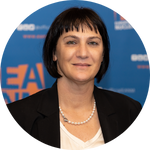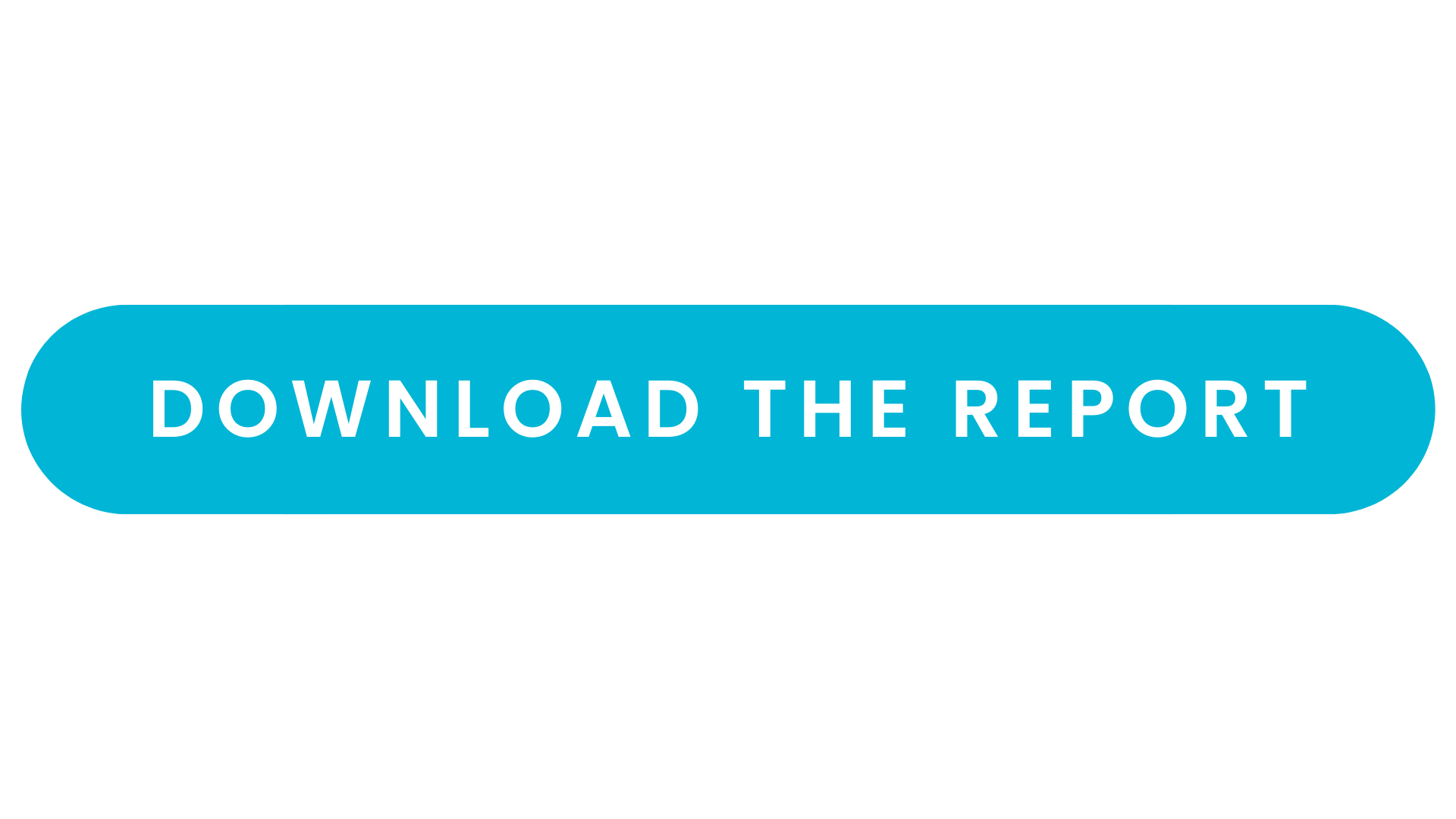Women and Cancer: More than 12 million reasons for action!
An estimated 12 million women in Europe are currently living with cancer. Another 1.2 million women are diagnosed with the disease each year – and nearly 600,000 are dying from it annually.
Enough is enough!
Marking European Gender Equality Week, the European Cancer Organisation (ECO) is today publishing a new landmark report Women and Cancer: More than 12 million reasons for action!
Among the paper's highlights:
- The three most common cancers in women are breast, colorectal and lung cancers, followed by skin (melanoma), pancreatic, and thyroid cancers, according to the latest data from the European Cancer Information System (ECIS).
- Women with cervical cancer are 40% more likely to get divorced than healthy women. When a woman is diagnosed with cancer, it can significantly disrupt relationships, yet the topic of partner involvement in cancer care remains under-addressed.
- Women in Europe are more likely to provide care to a family member, friend, or neighbour, even though a women’s gross hourly earnings are on average 12,7% lower than those of men. That means 32 million women caregivers in Europe are more exposed to significant poverty risks, with support and protection varying greatly in each member state.
- Men continue to dominate management positions even where 70% of the healthcare workforce is female, and women in the sector earn approximately 20% less than men.
For too long, healthcare policies in countries throughout Europe have failed to address the specific needs and conditions of women. This has to change.
The paper identifies 16 core recommendations to combat gender disparities in cancer care, including:
- An end to irresponsible gendered marketing by the tobacco and alcohol industries;
- Access to breast and gynaecological cancer screening, conducted according to European guidelines, as an undisputed women’s right;
- A guarantee that all women of childbearing age diagnosed with cancer are provided with fertility preservation counselling and services.
 Speaking on the report’s publication Dr Isabel Rubio, Co-chair of the European Cancer Organisation’s Women & Cancer Workstream, and Past-President of the European Society of Surgical Oncology, said: ‘Our report highlights the human impacts when we fail to respond to the gender elements of cancer prevention and treatment. For example, far too many women across Europe are denied access to cancer screening, fertility preservation services and the quality cancer treatment they deserve. Our report kicks off a political campaign by the European Cancer Organisation. We urge everyone moved by its findings to join our movement.’
Speaking on the report’s publication Dr Isabel Rubio, Co-chair of the European Cancer Organisation’s Women & Cancer Workstream, and Past-President of the European Society of Surgical Oncology, said: ‘Our report highlights the human impacts when we fail to respond to the gender elements of cancer prevention and treatment. For example, far too many women across Europe are denied access to cancer screening, fertility preservation services and the quality cancer treatment they deserve. Our report kicks off a political campaign by the European Cancer Organisation. We urge everyone moved by its findings to join our movement.’
 Prof Paola Erba, Co-chair of the European Cancer Organisation’s Women & Cancer Workstream, and President-elect of the European Association of Nuclear Medicine, said: ‘Women leaders are changing the face of cancer care and driving breakthroughs in practice and research. But still too many obstacles are experienced, including pregnancy and maternity discrimination. Our report is a fresh platform for achieving change.’
Prof Paola Erba, Co-chair of the European Cancer Organisation’s Women & Cancer Workstream, and President-elect of the European Association of Nuclear Medicine, said: ‘Women leaders are changing the face of cancer care and driving breakthroughs in practice and research. But still too many obstacles are experienced, including pregnancy and maternity discrimination. Our report is a fresh platform for achieving change.’


